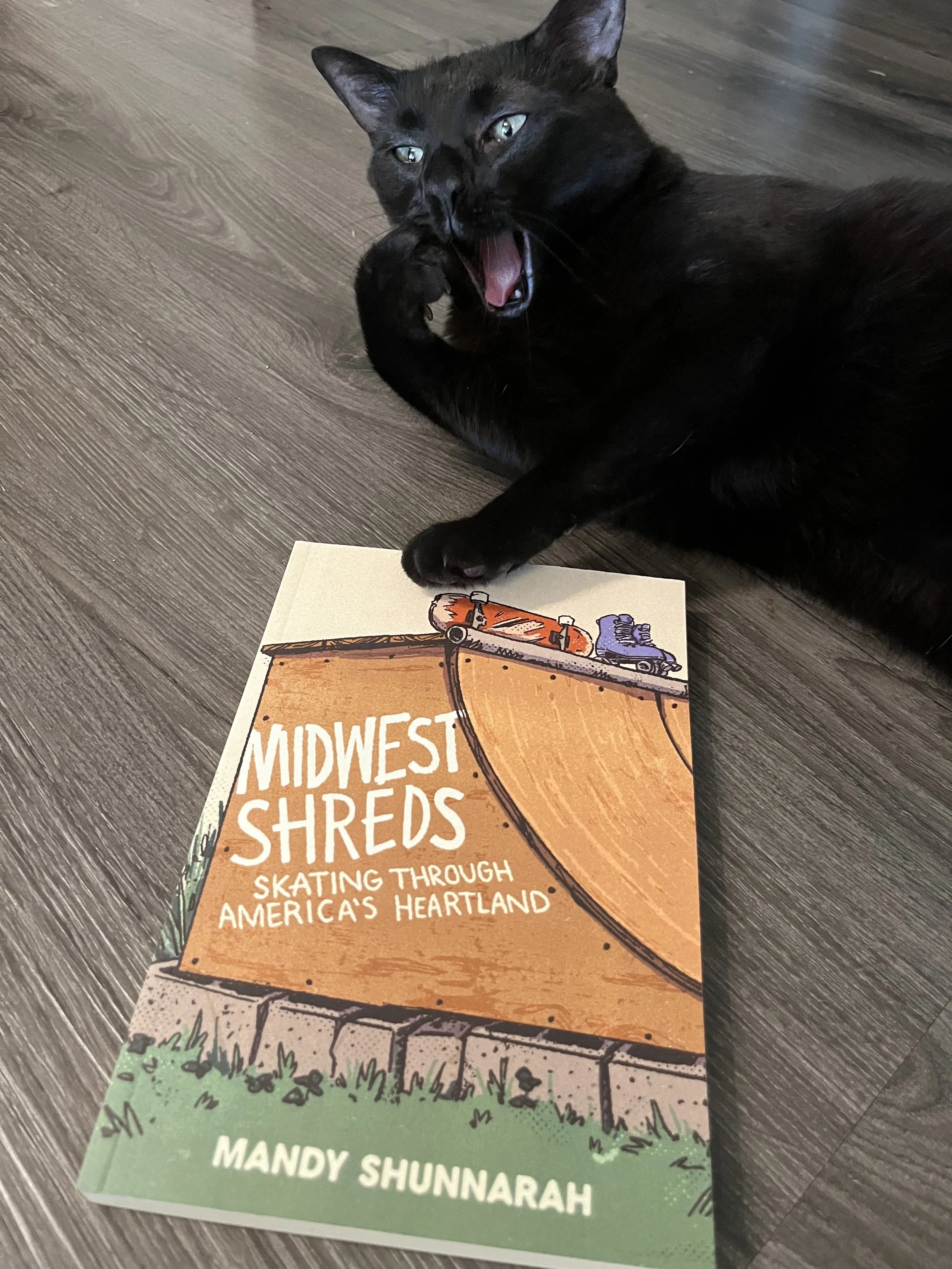3 Books You Wish You'd Read Chronologically Instead of Numerically
Source: unsplash
You tend to assume, when reading a book, that you should start at the front cover and end at the back cover. Makes sense, right? Start at the beginning, end at the end. That's only logical. So why do some authors feel the need to muck that up?! Why fix something that isn't broken?
Creative license is to blame. Nevertheless, there are a couple of books that, if I were to read again, I'd definitely read them in chronological order--the order in which the story progresses through time--rather than numerically by page number. Sure, sometimes time traveling in books can be cool (some books, like The Time Traveler's Wife, rely on it), but other times it can be downright confusing.
So here are three books I've read that I would totally read in chronological order if I were to read them again.
The Sound and The Fury
I like to think that everyone who has read this was assigned to read it for school. Back in my younger and more ignorant days, I used to be a book snob. (There seems to be a correlation between snobbery and stupidity. That was the case with me.) Anyhoo, I decided I was going to read The Sound and The Fury and I was going to magically understand it without any help.
Wrong. WRONG! I started reading it and was confused within 20 pages. What do you mean there are two people named Quentin and Faulkner makes no effort to differentiate? What do you mean one of the narrators has a mental disability and no one bothers to mention that? But I was too stubborn to quit or ask for help or Google the Wikipedia page. I was determined to do it all by myself. Bad idea. I read about 312 pages before the whole thing dawned on me and I realized what was going on. By the time I finally figured it out, I only had a handful of pages left in the book. Why I stuck with it, I have no idea!
So the book has sections with different dates on them. Flip through the book, find the dates, then organize your reading in chronological order. Trust me. Save yourself a lot of WTF moments.
Cloud Atlas
Not going to lie, just thinking about this book sometimes makes me exasperated. And it's been years since I've read it. That's "years" as in plural. The book is divided into sections. The first section is half of the first story, the second section is half of the second story, [repeats a few more times], then the middle section is that story in full, then the second halves of the stories pick up in the remaining sections. In essence, the book's sections mirror themselves.
Believe me, I totally understand how little sense that makes to explain, so try to wrap your mind around how little sense it must make to actually read. In the shortest explanation possible, the book's sections are along the lines of 1a, 2a, 3a, 4a, 5a, 6, 5b, 4b, 3b, 2b, 1b. I hope that makes sense. But if it doesn't, just imagine how David Mitchell must've felt writing it.
To further complicate things, the stories in each section span time periods, continents, and characters, but there's a thread that connects them all together. By the time I finally figured out the structure of the book, I was like, "Ooooooh, I see what you did there, David Mitchell." It was an interesting experience, but I'd definitely recommend reading both parts of each story line instead of following the book's confusing structure numerically.
All the Light We Cannot See
I actually don't regret reading this one numerically. Anthony Doerr does the time traveling thing quite well! However, since I fully intend to re-read it at some point in the future, I plan to read it in order of the dates noted in the sections.
Unless you have a good head for keeping timelines straight, it can be hard to keep everything sorted. The story is set during World War II, so when things time travel you have to remember to what extent the Germans have occupied France, what areas have been bombed, and other important details. I don't think it's super confusing, but I'd be interesting to see how reading the book chronically would change how I feel about it. Perhaps it wouldn't be as exciting or perhaps it would still be enthralling. I'm curious to find out.
















